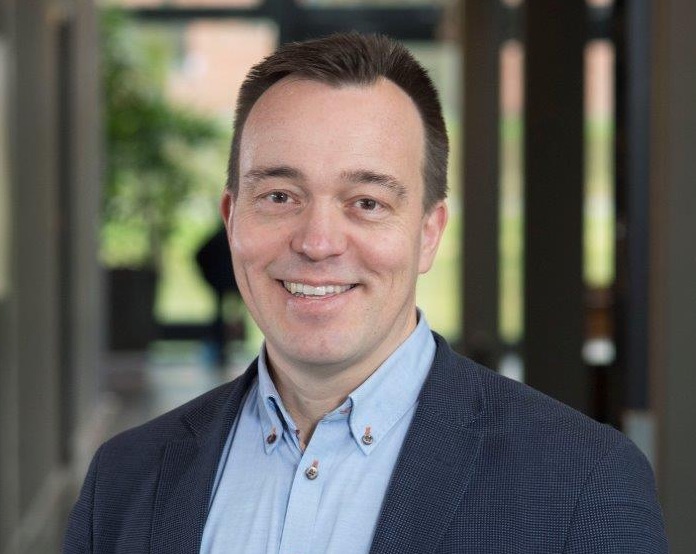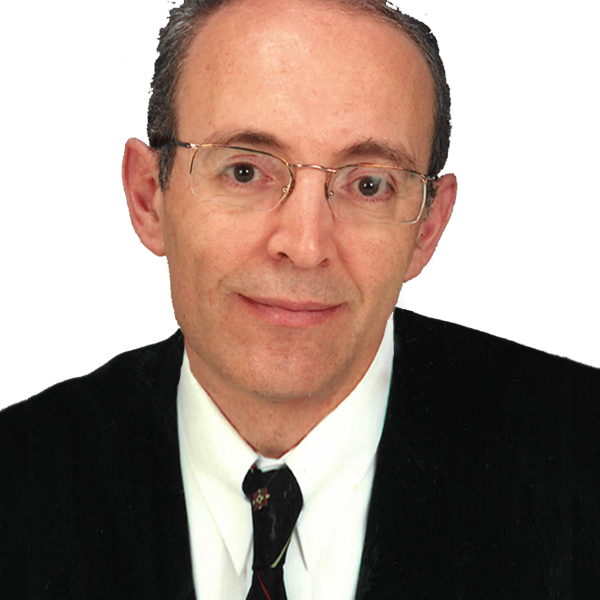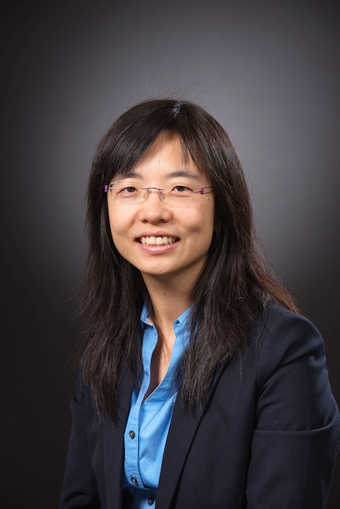MEDI Keynote Speakers
Prof. Torben Bach Pedersen (Aalborg University, Denmark)
Title. "Extreme-Scale Model-Based Time Series Management with ModelarDB"

Short Bio. Torben Bach Pedersen is a Professor of Computer Science at Aalborg University, Denmark. His research interests include Extreme-Scale Data Analytics, Data warehouses and Data Lakes, Predictive and Prescriptive Analytics, with a focus on technologies for "Big Multidimensional Data" - the integration and analysis of large amounts of complex and highly dynamic multidimensional data. His major application domain is Digital Energy, where he focuses on energy flexibility and analytics on extreme-scale energy time series. He is an ACM Distinguished Scientist, and a member of the Danish Academy of Technical Sciences, the SSTD Endowment, and the SSDBM Steering Committee. He has served as Area Editor for IEEE Transactions on Big Data, Information Systems and Springer EDBS, PC (Co-)Chair for DaWaK, DOLAP, SSDBM, and DASFAA, and regularly serves on the PCs of the major database conferences like SIGMOD, PVLDB, ICDE and EDBT. He received Best Paper/Demo awards from ACM e-Energy and WWW. He is co-founder of the spin-out companies FlexShape and ModelarData.
Marlon Dumas (University of Tartu, Estonia)
Title. "From Process Mining to Automated Process Improvement"

Short Bio.
Marlon Dumas is Professor of Information Systems Software Engineering & Information Systems Group in
Institute of Computer Science of University of Tartu in Estonia.
He conducts research in the field of information systems engineering.
The problems he examines generally revolve around the following question:
How to build and maintain information systems that are aligned with business operations?
His efforts are currently focused on two approaches:
- Business Process Management: analysing and building software systems starting from models of how an organisation works, also called business process models
- Service-Oriented Computing: analysing and building software systems based on the metaphor of "software as a service", usually on top of Web technology.
He is also Strategic Area Leader at the Software Technologies and Applications Competence Centre (STACC), where he oversees all activities related to data analytics for software and systems optimization.
Ali Mili (New Jersey Institute of Technology, USA)
Title. "Assume(), Capture(), Verify(), Establish(): Ingredients for Scalable Program Analysis"
Abstract. Despite more than half a century of research and development, the routine correctness verification of software remains an elusive goal, and software is often delivered with known failures but undiagnosed / unrepaired faults. Some of the reasons for this shortcoming include: inadequate training, lack of effective and efficient tools, lack of valid formal specifications, and the usual obstacles of scale and complexity. In this talk we discuss the foundations and design of a programming environment that helps the programmer analyze her/his program by querying it through four orthogonal functions: Assume(), which enables the user to make assumptions about program states or program functions; Capture(), which enables the user to retrieve properties of program states or program functions; Verify(), which enables the user to verify some properties of program states or program functions; and Establish(), which enables the user to alter the code to satisfy a requirement about program states or program functions. We envision that a user may start a session with vague/ incomplete specifications and an incorrect program, and conclude, through successive iterations, with a valid specification and a correct program.

Short Bio. Ali Mili is Professor and Associate Dean at the Ying College of Computing, New Jersey Institute of Technology, and a member of the Tunisian Academy of Sciences, Letters and Arts. He holds a Doctorat de Troisieme Cycle from the Institut Polytechnique de Grenoble, a PhD from the University of Illinois in Urbana Champaign, and a Doctorat es-Sciences d’Etat from the University of Grenoble. His research interests lie in software engineering.
CSMML Keynote Speaker
James H. Christensen (President of Holobloc Inc., USA)
Title. "New Developments in the IEC 61131-3 and 61499 Standards for Industry 4.0"
Abstract. This is an especially appropriate time, since new editions of both IEC 61131-3 and the IEC 61499 series will be in development this year, which should make them even more suitable for applications in Industry 4.0.
Short Bio. James Christensen is an internationally recognized expert in the standardization and application of advanced software technologies to the automation and control of manufacturing processes. He was recognized for his achievements in pioneering applications of object-oriented programming in Smalltalk with the Rockwell International Engineer of the Year and Lynde Bradley Innovation Awards in 1991, and in 2007, he was awarded the IEC 1906 Award and membership in the Process Automation Hall of Fame in recognition of his accomplishments in international standardization of programming languages and architectures for industrial automation.
BIOC Keynote Speaker
Ass. Prof. Yuhong Liu (Santa Clara University, CA, USA)
Title. "Facilitating Security and Trust among Multiple Parties through Blockchain Techniques"
Abstract. A blockchain consists of a list of blocks that are linked based on cryptography hash and maintained by distributed network nodes, so that the information recorded in these blocks is non-repudiated. After its first conceptualization by Nakamoto in 2008, blockchain has attracted broad attention. Bitcoin, the first blockchain based cryptocurrency, has its blockchain file size exceed 200 GiB by early 2020 [1]. According to Gartner, 5% of CIOs believed that blockchain technology was a “game-changer” for their business [2]. In academia, researchers are also actively exploring emerging applications that can benefit from adoptions of blockchain. In this talk, we will discuss some key characteristics of blockchain and a few promising applications of blockchain that can facilitate security and trust among multiple parties. Some examples include applying blockchain to secure software updates for resource-constrained IoT networks [3], and designing a secure and efficient multi-signature scheme to facilitate multiple party approval process on Fabric, an enterprise blockchain platform [4].

Short Bio.
Yuhong Liu, Associate Professor at Department of Computer Engineering Santa Clara University, received her B.S. and M.S. degree from Beijing University of Posts and Telecommunications in 2004 and 2007 respectively, and the Ph.D. degree from University of Rhode Island in 2012. She is the recipient of the 2019 Researcher of the Year Award at School of Engineering, Santa Clara University, and the 2013 University of Rhode Island Graduate School Excellence in Doctoral Research Award.
Her research interests include trustworthy computing and cyber security of emerging applications, such as Internet-of-things, Blockchain and online social media. She has published over 60 papers on prestigious journals and peer reviewed conferences. Her papers have been selected as the best paper at the IEEE International Conference on Social Computing 2010 (acceptance rate = 13%) and the 9th International Conference on Ubi-Media Computing (UMEDIA 2016).
She is actively contributing to professional societies including IEEE and Asia-Pacific Signal and Information Processing Association (APSIPA). She has contributed as an organizing committee member for over 10 international conferences and a TPC member for over 20 conferences. She is currently serving as the IEEE Computer Society Region 6 Area 4 coordinator, a member of the IEEE Computer Society Technical Meeting Request Committee, a member of the Multimedia Security and Forensics (MSF) TC for APSIPA, and an APSIPA Distinguished Lecturer (2021-2022).